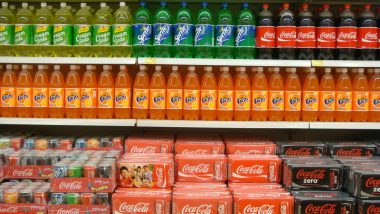In order to tackle the problem of rising obesity and also tooth decay among the children, Britain has started imposing a sugar tax on all the soft drinks. There is another added benefit to this levied tax. The money collected from this extra tax will go to the Department of Education. The decision to impose the sugar tax was announced in 2017 by Chancellor Philip Hammond in his budget statement but it came into force on April 6, 2018. There is an estimate that it will raise £520 million which will benefit the funding of education. The sugar tax is dependent on how much sugar a beverage contains. On the basis of this, there are two categories of taxation that are forced.
Why is the sugar tax imposed?
The main reason for imposing the tax is to reduce the health problem of obesity. With the rise in fizzy drinks, there is a hope that people will stop the consumption or at least reduce it. A lot of children are fancied by these fizzy drinks over milkshakes and healthier options. The tax will also control parents from allowing the kids getting habituated to unhealthy drink options. "Our teenagers consume nearly a bathtub of sugary drinks each year on average, fuelling a worrying obesity trend. The levy is a ground-breaking policy that will help to reduce sugar intake," said Public Health Minister Steve Brine.
How much will the fizzy drinks cost after sugar tax?
The drinks containing 5 gms of sugar per 100ml will have lower tax ie. of 18 pence ($0.25, 0.21 euros) per litre and those with more than 8 gms of sugar per 100ml will have 24 pence per litre.
So the cost of 1.75ml of coke bottle will increase from £1.25 to £1.49 approximately. There will be additional 8 pence on a can of Coca Cola, Pepsi, Red Bull, Irn Bru, Old Jamaica Ginger Beer, Lucozade Energy Original.
Which other countries have sugar tax?
Britain is the new entrant in this tax levy but there are dozen other countries which already have the sugar tax on their beverages. Some of them are Portugal, Thailand, France, Hungary, Ireland, Mexico, South Africa, UAE.
Soft drinks industry will be the most affected with this move in health legislation. Certain drink producers will now come with an alternate recipe or use artificial sweeteners to exempt from the sugar tax and also increase their sales. Top-selling brands such as Fanta, Ribena and Lucozade have cut down the sugar content to avoid the tax already. With the tax mostly on all the fizzy drinks, the pure fruit juices and milkshakes based drinks will comparatively sell higher as these do not have added sugar.
(The above story first appeared on LatestLY on Apr 07, 2018 04:38 PM IST. For more news and updates on politics, world, sports, entertainment and lifestyle, log on to our website latestly.com).


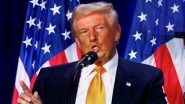
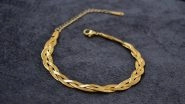




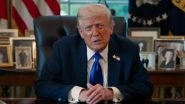

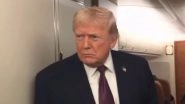
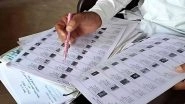

 Quickly
Quickly